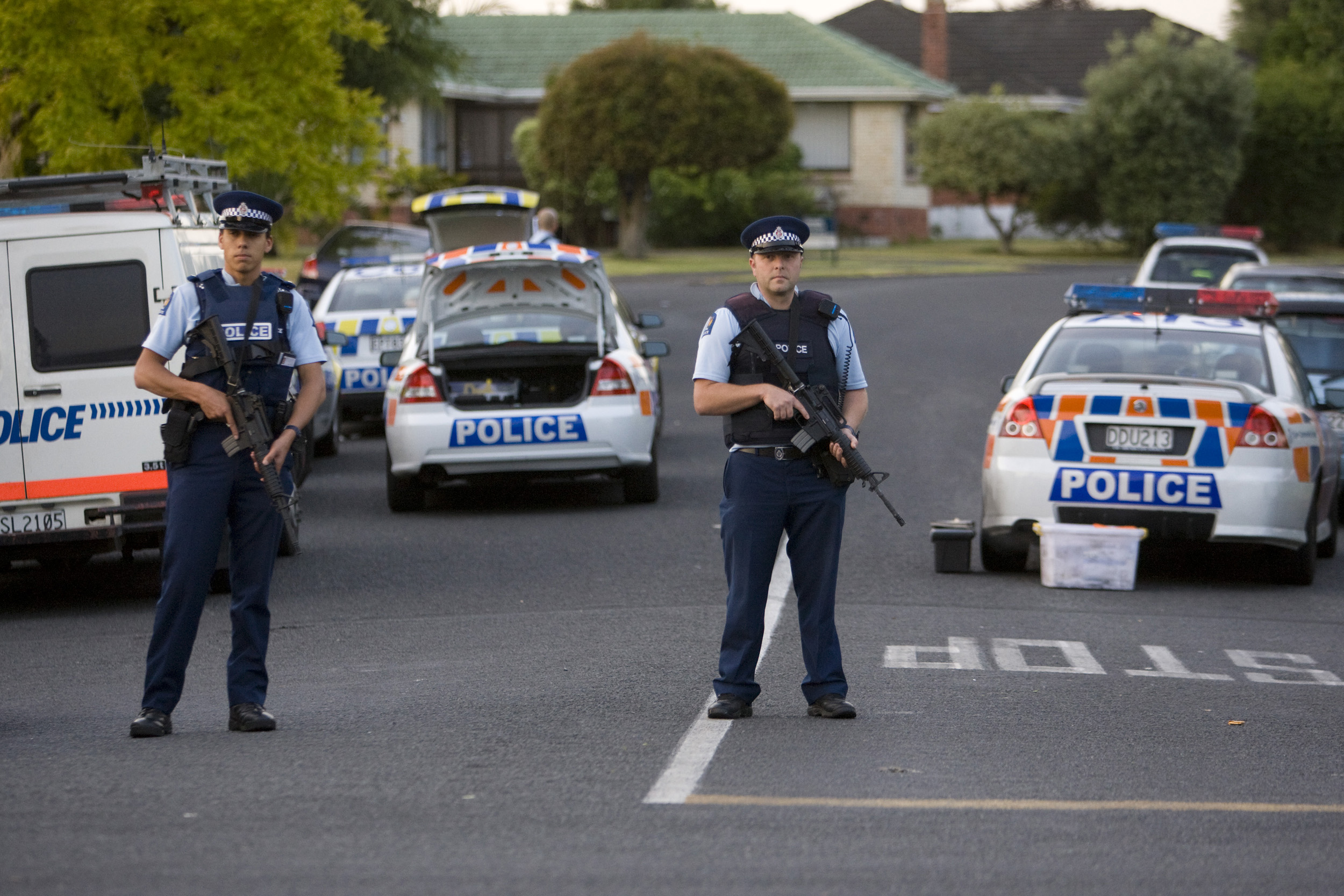by Jay Wiseman
This is a copy of Jay Wiseman’s essay on dungeon monitoring. You can find this and several other informative articles by Mr. Wiseman at his site: JayWiseman.com. He is also the author of SM 101: A Realistic Introduction, an excellent book for those interested in BDSM. It is published by Greenery Press.
Ten Tips For Novice Dungeon Monitors
For many years now, play parties have had special people fill the role of “dungeon monitors” — or DMs for short These people are mainly there to ensure that the party rules are complied with and to otherwise create a safe space for the attendees. However, DMs are also the delegates of the host, and they both can and should assist the attendees as possible in enjoying the party. In the past twenty years, I have been a host or a DM at more than 100 play parties and I have the following words of basic advice to pass on:
1. Know the party rules and the house rules cold.
Given that your primary responsibility is to enforce the party rules, this rule may seem pretty obvious, but it’s amazing how many DMs I’ve seen who were unclear on the party rules or the house rules. I advise you to look over the rules carefully before you start your shift and to keep a copy of them on you.
2. Don’t play or overly socialize while on duty.
While you are on duty as a DM, you are there to create a safe space for others, not to play and not to socialize too much with one particular person or group of people. Don’t let yourself get distracted.
3. Circulate. If an area hasn’t been inspected in the last fifteen minutes, go look at it.
It’s frequently the case that the party space is larger than you can watch over from one particular vantage point, so “walk your beat.” As a rule of thumb, if an area hasn’t been checked within the last fifteen minutes, it’s time to go take a look. Be especially alert for any sign of intoxication, as many SM-related accidents would not have occurred had not one or more of the people involved been intoxicated.
4. Don’t show favoritism (positive or negative) to anybody.
It can be very tempting to want to cut your personal friends a bit of slack regarding their complying with some of the less popular party rules. Don’t. It “the word” gets out that there is one set of rules for the friends of the host and the DMs and another set for the more “lowly” people (and the word will rather quickly get out if this is indeed the case) you have both seriously damaged your credibility and set the stage for hard feelings — maybe even a confrontation.
One of the hardest challenges of DMing is to be scrupulously fair regarding how you monitor a scene done by someone you personally dislike. Again, there can’t be two standards. Also, it´s unfair to “micro-DM” a scene being done by someone that you dislike. If you can’t be fair to all, don’t be a DM.
5. Intervene sooner rather than later.
Sooner or later, you are going to see somebody doing something that is against the party rules. When this occurs, it might be a good idea to wait a few minutes to see if the behavior stops. (It frequently does when the people notice that a DM is watching.) However, if the improper behavior goes on for more than a few minutes, it’s time to intervene. It’s human nature to test limits and to see if the stated rules are the actual rules. Make sure that people understand what the rules are and that complying with them is not optional. If they start to get the idea that complying with the party rules is optional, you can have a real problem on your hands, and the longer this noncompliance goes on the harder it will become for you to correct.
Also, correcting an error when you first see it helps preserve the energy of the scene. I have seen scenes ruined by DMs who watched a violation and didn’t do something about it until the energy of the scene was nearing its peak. Such an approach can ruin the scene for the participants and earn the DM a (deservedly) bad reputation.
Key Point: Nobody benefits when a DM observes improper behavior and fails to promptly correct it.
6. Intervene gently and diplomatically.
Willful violations of the party rules are actually rather rare. What’s far more common is that someone simply doesn’t know that a particular activity isn’t allowed. Therefore, take a low-key attitude when you approach the people involved. There is almost never a need to create a scene. Among other things, this approach helps preserve the dignity of the people involved. A gentle reminder is almost always all that it needed. (On the rare occasion that something more than a gentle reminder is needed, I strongly recommend that you get the party host before taking action.)
7. Be ready for emergencies.
Emergencies may involve either only a single individual — such as a fainting — or they may involve the entire party — such as a power failure or even an earthquake. Make sure you know where the various items of emergency equipment are. Make sure that you know where the exits are and how to open them.
8. Have proper training and equipment.
While you are on duty as a DM, you should wear some type of readily identifiable emblem that signals your role. (Naturally, you should remove this emblem when not on duty.) If at all possible, take training in first aid and CPR at least once a year. In addition, you should have some latex or other fluid-proof gloves on your person. A small flashlight and a pair of good-quality EMT scissors are also important to have on your person.
9. Help provide minor assistance with matters such as food, trash, and music.
Putting on a play party has been called “the curse of the ten thousand details.” While it’s not usually your job, strictly speaking, to pick up paper cups and other bits of trash that have been left laying around, or to take care of things like the music or temperature level, or to put out fresh food, you will earn the gratitude of the host if you help out with those tasks as you can without compromising your primary duties. In particular, post-party clean up is often the hardest part of any play party, so anything you can do to make that task easier will be especially appreciated.
10. Debrief after the party.
After a party — perhaps not immediately afterwards but within a day or two — talk with the host, the other DMs, and perhaps others who either attended or helped put on the party to discuss what did or didn’t work. Were there any especially difficult problems with any particular person? Was some aspect of the party handled especially poorly or especially well? Don’t be surprised if every play party has something to teach you.
Greenery Press: Reading for the Sexually Adventurous
Copyright issues footnote: I wrote this article with the hope that it would be widely read and distributed, and without any particular expectation of financial compensation in return for writing it. Therefore, I consent to the following uses of this essay:
It’s fine with me if you read it.
It’s fine with me if you send it, in unaltered form and including this copyright issues footnote, in private e-mail to approriate others.
It’s fine with me if you post it, as mentioned in point # 2, to newsgroups and closed mailing lists.
If you put it up on a private, no-fee-to-access, website, please put it up as mentioned in point # 2 and include a link to the Greenery Press website (http://www.greenerypress.com/) and to JayWiseman.com (http://jaywiseman.com/).






